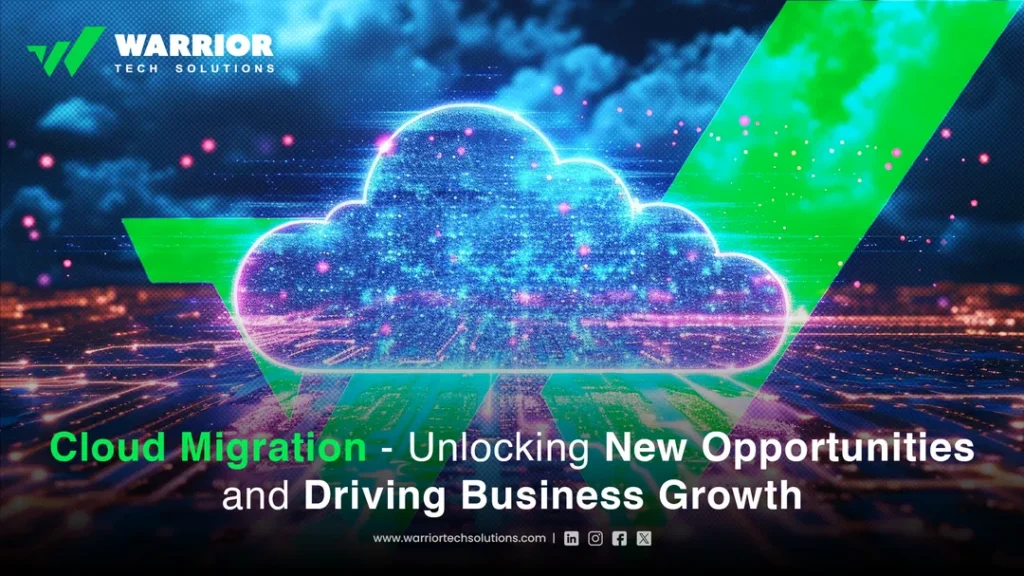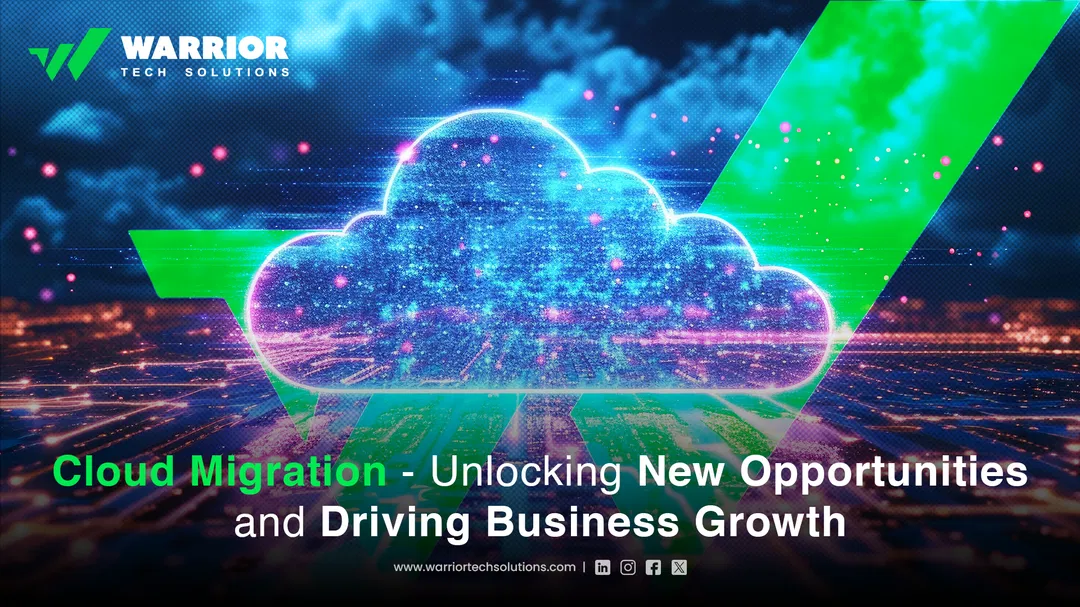
Cloud adoption is no longer a futuristic strategy—it’s a business necessity. Companies across industries are moving operations to the cloud to unlock agility, innovation, and cost efficiency. However, making this shift requires a deep understanding of emerging trends, challenges, and best practices. Without this knowledge, businesses risk costly disruptions and compliance issues.
In this article, we’ll explore key cloud migration trends and provide insights to help companies take the leap successfully.
Key Points
- Hybrid Cloud Dominance – Businesses are choosing hybrid models for flexibility and control.
- Security as a Priority – Cloud-native security solutions are critical for safeguarding data.
- AI and Automation – Companies are leveraging AI-driven tools for faster and error-free migrations.
- Data Sovereignty – Compliance with regulations such as GDPR is driving data storage decisions.
- Talent Shortage – Cloud migration success depends on hiring skilled professionals.
1. The Rise of Hybrid Cloud Solutions
Hybrid cloud models combine on-premises infrastructure with public and private cloud services. Companies adopt this model to maintain control over sensitive data while benefiting from the flexibility and scalability of the cloud. This trend helps organizations reduce costs, increase operational efficiency, and ensure data sovereignty.
2. Security and Compliance are Top Priorities
As cyber threats evolve, securing cloud environments is a growing challenge. Companies must adopt cloud-native security solutions that include robust threat detection, encryption, and continuous monitoring to protect sensitive information. Ensuring compliance with data privacy regulations like GDPR, DPDP Act, and HIPAA is critical to avoid penalties.
3. AI and Automation in Cloud Migration
Artificial intelligence and automation are transforming the cloud migration landscape. Tools powered by AI minimize manual interventions, reduce migration errors, and streamline processes. Automated solutions enable faster and smoother transitions, allowing companies to focus on innovation rather than operational disruptions.
4. Data Sovereignty and Compliance Concerns
Compliance regulations across the globe dictate where and how businesses store and process data. Organizations must carefully evaluate their cloud provider’s ability to maintain compliance with regional laws. Data sovereignty plays a significant role in shaping migration strategies as companies strive to protect customer privacy.
5. Addressing the Talent Shortage
The rapid pace of cloud adoption has created a significant demand for cloud professionals, including architects, engineers, and security specialists. With the talent gap widening, companies often struggle to find the right experts. Partnering with staffing specialists like Warrior Tech Solutions ensures businesses have access to skilled cloud talent for seamless migration and management.
Partner with the Right Talent Experts
The journey to the cloud is a strategic move that promises scalability, efficiency, and competitive advantages. However, navigating this path requires more than just technology—it demands the right people with the right expertise. Warrior Tech Solutions helps businesses overcome the cloud talent gap by connecting them with highly skilled cloud professionals for a successful migration.
Let us help your organization stay competitive and build a future-ready workforce with our expert recruitment services.
Contact us today to discover how our expertise can transform your business for the future.
📞 Contact us at +1 813-731-0144 | +91 989 455 4413
📧 Email us at info@warriortechsolutions.com
🌐 Visit our website at www.warriortechsolutions.com
FAQs
1. What are the key benefits of a hybrid cloud solution?
Hybrid cloud models provide flexibility, scalability, and enhanced control by combining public and private cloud services with on-premises infrastructure.
2. How can companies ensure data security during migration?
Companies can ensure security by implementing cloud-native tools, encrypting data, and conducting regular audits of cloud environments.
3. Why is compliance critical for cloud migration?
Compliance helps companies adhere to data privacy laws and reduce legal risks. Maintaining data sovereignty is crucial for building customer trust.
4. How does AI help in cloud migration?
AI-powered tools enable faster and more efficient migrations by automating complex processes, reducing errors, and ensuring data integrity.




